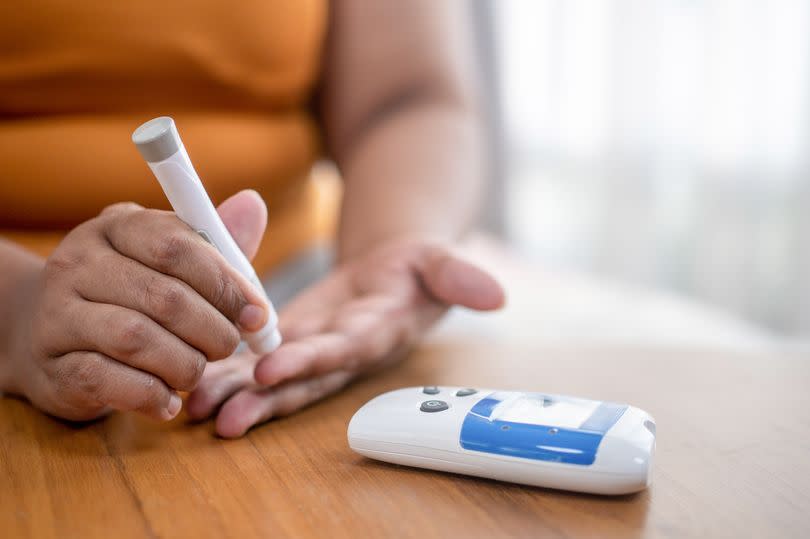Diabetes and cancer protein link bombshell could radically alter low-sugar diets

Researchers investigating how our bodies produce the hormone that helps to manage our blood sugar levels have made a discovery that could alter the dietary advice offered to millions living with certain cancers as well as Type 1 and 2 diabetes, and those at risk of developing the condition due to genetics or poor diet.
While limiting sugar and carbohydrate intake remains key to controlling the levels of glucose in your blood, scientists at the University of British Columbia found that eating larger amounts of other "macronutrients" could help to regulate blood sugar levels by stimulating insulin production. While each of their patients reacted differently, the research suggests that individually tailored diets with more protein or fatty acid-rich foods could be the future for many on restricted diets.
The findings show that the body's insulin response to different stimuli is highly individual. Dr. James Johnson, senior study author, said: "Glucose is the well-known driver of insulin, but we were surprised to see such high variability, with some individuals showing a strong response to proteins, and others to fats, which had never been characterised before."
READ MORE: Three causes of rare sense disorder as Little Mix star reveals life altering diagnosis
The professor of cellular and physiological sciences continued: "Insulin plays a major role in human health, in everything from diabetes, where it is too low, to obesity, weight gain and even some forms of cancer, where it is too high. These findings lay the groundwork for personalised nutrition that could transform how we treat and manage a range of conditions."

The UBC researchers conducted tests on samples of 140 recently deceased people's pancreas, the organ responsible for insulin production. Across a range of female and male pancreas islets that were tested with proteins, fatty acids, and carbohydrates, they noticed a significant number responding to proteins and fats by producing insulin.
Most donated pancreas cells responded strongly to carbohydrates, as expected, but nine percent also responded to proteins, with a further eight per cent responding more to fats than any other nutrient - including glucose.
The UBC scientists also examined tissue from patients with Type 2 diabetes and found, to their surprise, that people with the condition still responded to high protein levels, offering hope for more tailored dietary advice for people living with the common condition.

"This research challenges the long-held belief that fats have negligible effects on insulin release in everyone," says first author Dr. Jelena Kolic, a research associate in the Johnson lab at UBC. "With a better understanding of a person's individual drivers of insulin production, we could potentially provide tailored dietary guidance that would help people better manage their blood sugar and insulin levels.
"This really bolsters the case that protein-rich diets could have therapeutic benefits for patients with Type 2 diabetes and highlights the need for further research into protein-stimulated insulin secretion."
According to NewsMedical, the team comprehensively mapped the protein and gene expression of the pancreas cells, building data and insight into the molecular and cellular functions that regulate insulin production. Researchers have indicated that this could be used by medical professionals to determine which macronutrients will trigger an insulin response in each patient.

 Yahoo News
Yahoo News 
